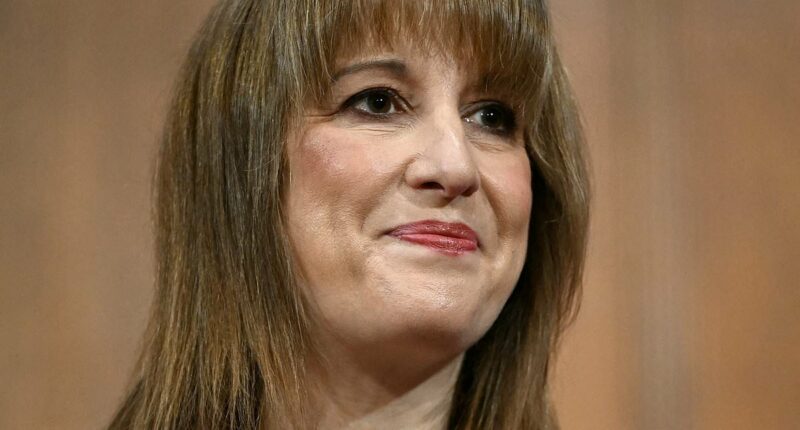Share this @internewscast.com
The Chancellor is reportedly considering a new approach to pension contributions by potentially altering salary sacrifice schemes.
Rachel Reeves is rumored to be examining the possibility of reducing tax incentives for both employers and employees’ pension contributions.
This strategy could potentially generate an additional £2 billion annually, helping to address the fiscal deficit.
However, such a move might open the Chancellor to criticism for seemingly penalizing individuals who are responsibly planning for their retirement.
Currently, employees can contribute up to £60,000 to their pension annually without facing income tax on these contributions.
Reports suggest that Ms. Reeves might introduce a cap on the portion of salary that can be sacrificed without national insurance charges, limiting it to £2,000 per year.
Under the plans, a taxpayer on £50,270 who pays 6 per cent of their salary into their pension pot would pay £80 more in national insurance annually.
Setting aside £5,000 – equivalent to a tenth of their salary – would see them pay an extra £240 a year.

Rachel Reeves (pictured) is said to be plotting a raid on pension pots by targeting salary sacrifice schemes
Experts have warned that increase National Insurance bills for firms and that these costs could be passed down to employees.
Steve Webb, partner at pension consultants LCP, told The Times: ‘Introducing a cap would increase national insurance bills mostly for employers and hits the very firms who are doing the right thing.
‘Once a cap is in place, there will be a widespread expectation that this is the thin end of the wedge and eventual abolition is on the cards. At a time when we need workers and firms to put more focus on pensions, this would be a seriously backward step.’
It comes as a Labour peer questioned why the party ever promised not to put up taxes on working people – in a hint that she expects Reeves to do so.
Thangam Debbonaire said she was ‘not quite sure’ why Labour had made the manifesto commitment not to raise income tax, VAT or national insurance.
Her comments came as the Chancellor was said to be considering a proposal to increase income tax by 2p.
Cabinet minister Steve Reed also failed to dampen speculation yesterday as he insisted that increasing income tax wouldn’t damage trust in politics.
The Housing Secretary rebuked new deputy Labour leader Lucy Powell after she said the party should stick to its manifesto or breach the public’s faith in politicians.
Asked if Ms Powell’s assessment was correct, he said: ‘We’re not damaging trust in politics. We’re getting on and delivering the manifesto. That’s important.
‘But Rachel, the Chancellor, gave a speech a couple of days ago in which she said, we’re not going back to austerity. We will invest.’
Baroness Debbonaire, meanwhile, told Times Radio: ‘I’m not quite sure why we felt we had to make that commitment in the General Election at the point that we did.’

Figures from HMRC, obtained under the Freedom of Information Act by pensions consultancy LCP, show there are currently 8.8million pensioners paying income tax
Indications of an internal Labour row over tax rises grew after reports that the Chancellor had told the Budget watchdog she plans to hike income tax for the first time in 50 years in the Budget on November 26.
In the surest hint yet that she plans to reverse a key manifesto pledge, she is said to have briefed the Office for Budget Responsibility on the plan.
Ms Reeves is attempting to fill a hole in the public finances of as much as £40 billion after an OBR downgrade in productivity forecasts.
The Chancellor is said to be considering increasing income tax by 2p and cutting national insurance by 2p to bring pensioners and landlords into paying the tax while protecting workers.
In a suggestion she wants to punish the wealthy, the NI cut may only apply to those on salaries under £50,270.
The Treasury was contacted for comment.
















